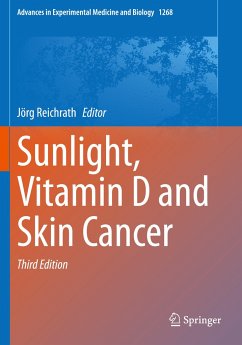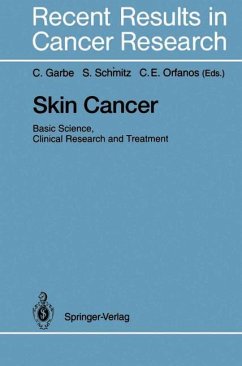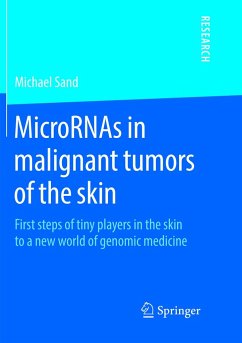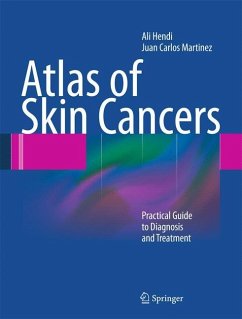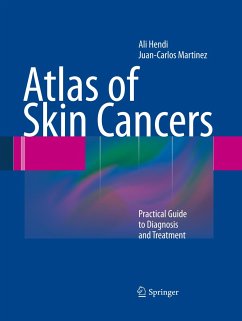
Sunlight, Vitamin D and Skin Cancer

PAYBACK Punkte
76 °P sammeln!
UV exposuie represents the most important risk factor for the development of nonmelanoma skin cancer. Additionally, assessment of sun exposure parameters has consistently shown an association between the development of malignant melanoma and short term, intense UV exposure, particularly burning in childhood. As a consequence, protection of the skin from UV exposure is an integral part of skin cancer prevention programs. However, more chronic, less intense UV exposure has not been found to be a risk factor for melanoma and in fact has been found in some studies to be protective. Moreover, 90% o...
UV exposuie represents the most important risk factor for the development of nonmelanoma skin cancer. Additionally, assessment of sun exposure parameters has consistently shown an association between the development of malignant melanoma and short term, intense UV exposure, particularly burning in childhood. As a consequence, protection of the skin from UV exposure is an integral part of skin cancer prevention programs. However, more chronic, less intense UV exposure has not been found to be a risk factor for melanoma and in fact has been found in some studies to be protective. Moreover, 90% of all requisite vitamin D is formed within the skin through the action of the sun-a serious problem-for a connection between vitamin D deficiency and various types of cancer (e. g. , colon, prostate and breast cancers) has been demonstrated in a large number of studies. Hence, the - sociation between vitamin D deficiency and various internal malignancies has now opened a debate among dermatologists and other clinicians how to balance between positive and negative effects of solar and artificial UV exposure. The goal of this volume is to provide a comprehensive, highly readable overview of our present knowledge of positive and negative effects of UV exposure, with a focus on vitamin D and skin cancer.







